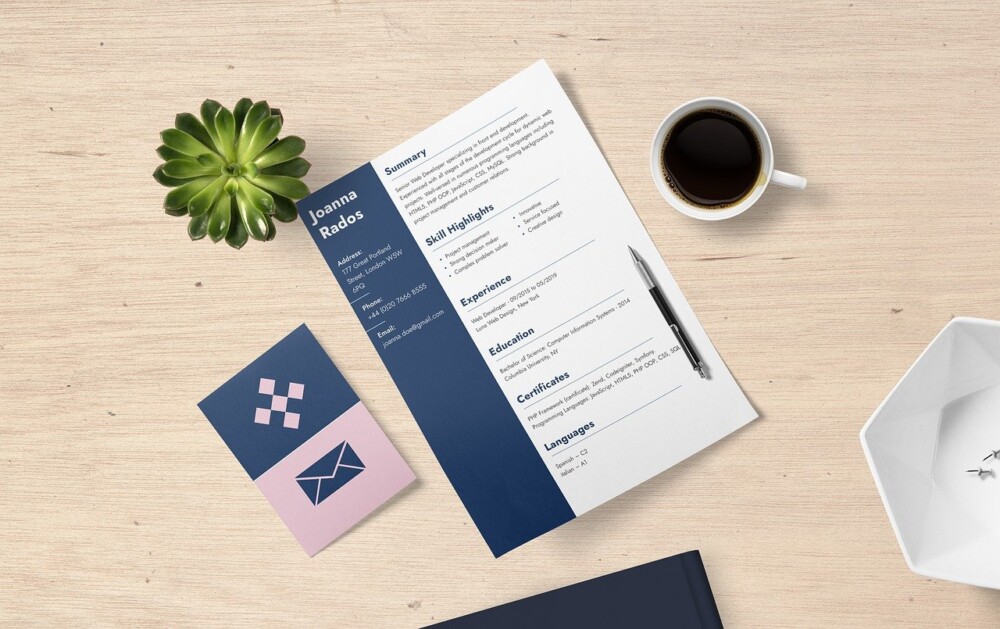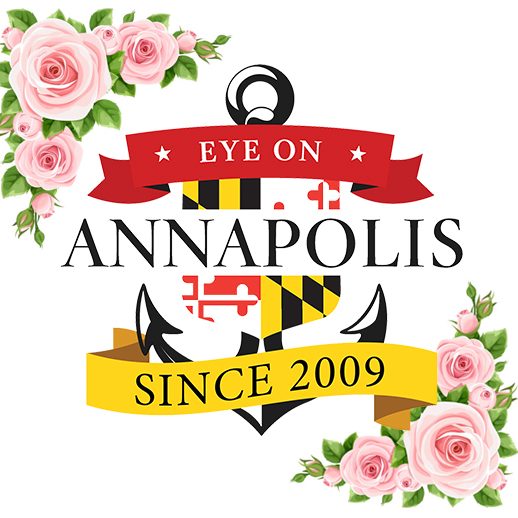
 On a job-hunting journey, one meets many challenges and obstacles. Indeed, finding a good employer with a decent salary, comfortable working conditions, and nice colleagues is a serious quest. But for many, it starts early on with a blank page of their future resume. It is of course understandable, as condensing your whole life and work experience to a bunch of lines is difficult. And for those only starting their career or switching the profession it is legit scary. However, great resumes exist, and they prove their worth in finding exciting jobs. Look through the list of useful advice on how to create a perfect resume to stop worrying and start sending your CV out in the world.
On a job-hunting journey, one meets many challenges and obstacles. Indeed, finding a good employer with a decent salary, comfortable working conditions, and nice colleagues is a serious quest. But for many, it starts early on with a blank page of their future resume. It is of course understandable, as condensing your whole life and work experience to a bunch of lines is difficult. And for those only starting their career or switching the profession it is legit scary. However, great resumes exist, and they prove their worth in finding exciting jobs. Look through the list of useful advice on how to create a perfect resume to stop worrying and start sending your CV out in the world.
1. Choose clean modern design of your resume
Minimalistic design is a universal trend and it’ll stay for sure in the HR world. Considering hundreds or even thousands of resumes arriving in mailboxes every day, it’s hard to imagine an HR having enough time and energy to decipher complicated fonts or read a multiple-page biography.
Follow the following simple rules to design a great resume:
- One page is a limit for your resume. Cases, when two or more pages are necessary, are exceptional and very rare.
- Use online graphic design tools to achieve a clean attractive look for your resume. Such services as Canva offer thousands of free templates you can easily customize.
- Restrain your creativity to keep your CV professional. Avoid funny photos or bright highlights in text.
A truly attractive resume would have lots of white space, several blocks of texts with bold headings, and one or two matching fonts.
2. Resort to brief concise writing
A resume is one document striving from bulleted lists and drier vocabulary. It is not a sample of your writing or creative skills, so don’t try to impress recruiters with complex sentences or sophisticated terminology. Most probably these great aspects of your skills would take up valuable space on your resume but play an insignificant role in your employment prospects.
Try to avoid lengthy descriptions or many details. Remember, a resume doesn’t serve as presentation of your motivation for applying to the job or highlighting why recruiters should read your CV. The cover letter serves exactly these purposes. So, don’t mix the two of them and strategically distribute information on your professional motives and achievements. If you’re worried about the cover letter is in line with your resume and job posting, consider applying for help to the cover letter writing service. The professional writers would bring the key data from your career in accordance with the expectations of the desired position.
3. Create more than one version of your resume
A perfect resume is a relevant one. Even with very targeted job expectations, the chances that every position you’re applying to would differ in the scope of duties and requirements of the candidates. Of course, your basic education and the key professional qualification would be on every resume version. But it is reasonable to carefully examine the terms of reference of the desired position, the company’s reputation, areas of most active performance or lacking talents. This way you can highlight what the company needs to see and save HR some time too.
If you’re considering employment in more than one sphere, it is then crucial to design several resumes with different skillsets and professional experience. It would also save you from the honest mistake of sending the wrong resume when applying to several vacancies simultaneously. You can spare some time and delegate the creation of multiple CVs to professional resume services that would provide as many versions as you need in line with specific requirements.

4. Drop what’s not important/not recent
A common mistake found in lots of resumes is overdetailization. If you’re prone to put your two-week traineeship from twenty years ago, try to change your approach. What every HR or manager would like to see in a candidate’s resume is relevant experience from the nearest past. So, it’s ok to omit jobs and experiences not thematically relatable to the company you’re applying to.
For some jobs, it’s appropriate and useful to indicate extracurricular activities, like sports, volunteering, or own business attempts. However. It’s wise to always put yourself in the shoes of a person who would evaluate your CV. Probably not every experience is worth mentioning in all job applications.
5. Real duties and achievements speak louder than job titles
For years, the most important characteristic of one’s career was the number and fanciness of the job titles one had throughout life. Consequently, a traditional resume would look like a list of titles and places in hierarchies. On the other hand, the corporate world is often a place where people on the low-tier positions produce more added value than top management.
Regardless of the titles of your previous jobs, your resume should focus on the scope of duties you’ve had and tangible achievements you’re proud of. Elaborate on responsibilities related to your desired position and write briefly about standard duties.
6. Write for people but also for the machines
It may sound surreal, but it is a fact that many human resources departments and recruiters use special screening software for the first-line examination of resumes. Such software saves time in case of big numbers of CVs to consider by checking them using an AI algorithm. Depending on a position requirements software would look for specific keywords in your resume and discard them if not found.
How to make your resume survive the AI screening? As we’ve discussed before, keep your writing brief and concise, so it’s easy to understand the meaning. Check carefully the language of the vacancy notice and try to use the same terminology in your CV, as some of it may be keywords. Also, avoid heavy graphic elements on your resume template, as software may have difficulties ‘reading’ the text.
People believe that the perfect resume is the one they sent and got hired. But in reality, everyone should have a highly professional detailed attractive resume. For when not hired you still have an opportunity to make an impression, be considered for another position, or get shortlisted for further hiring rounds. Follow the simple tips we’ve presented to craft a great resume for your perfect career.









































